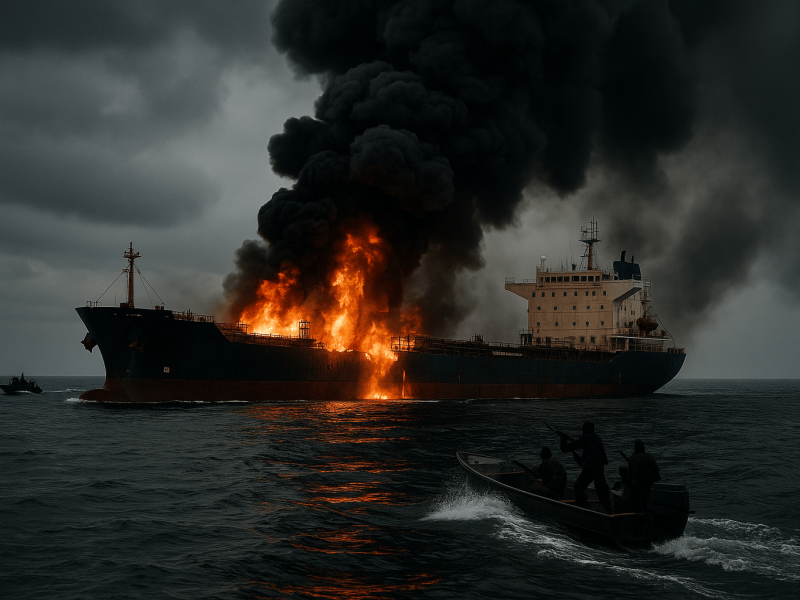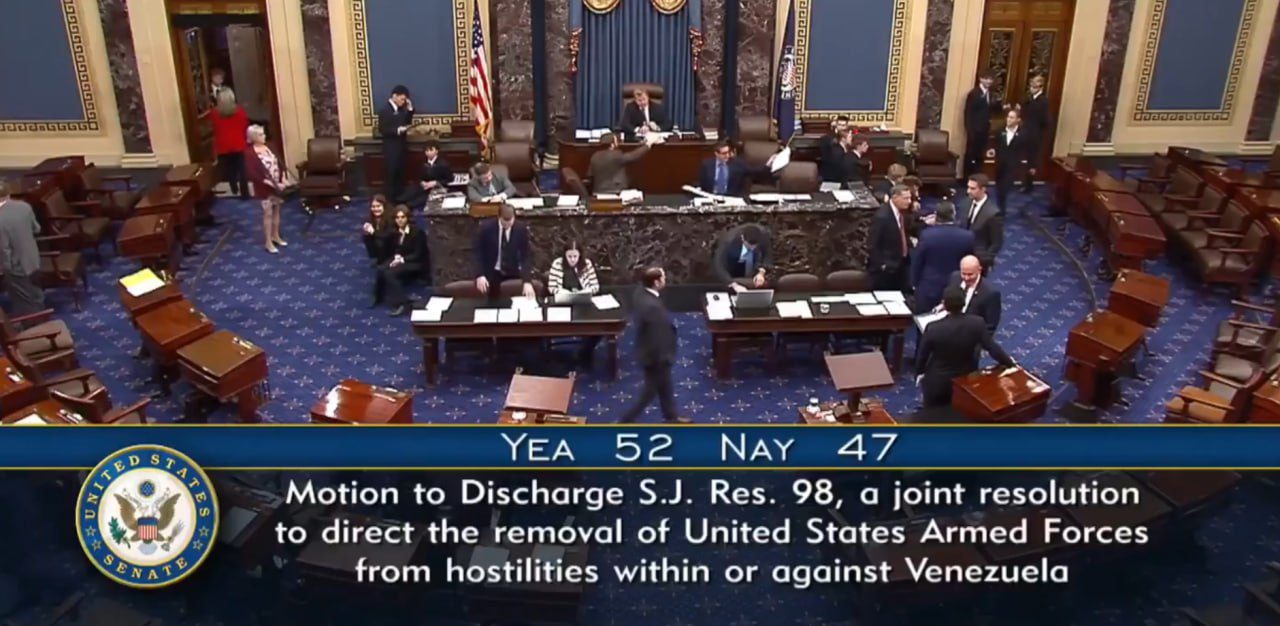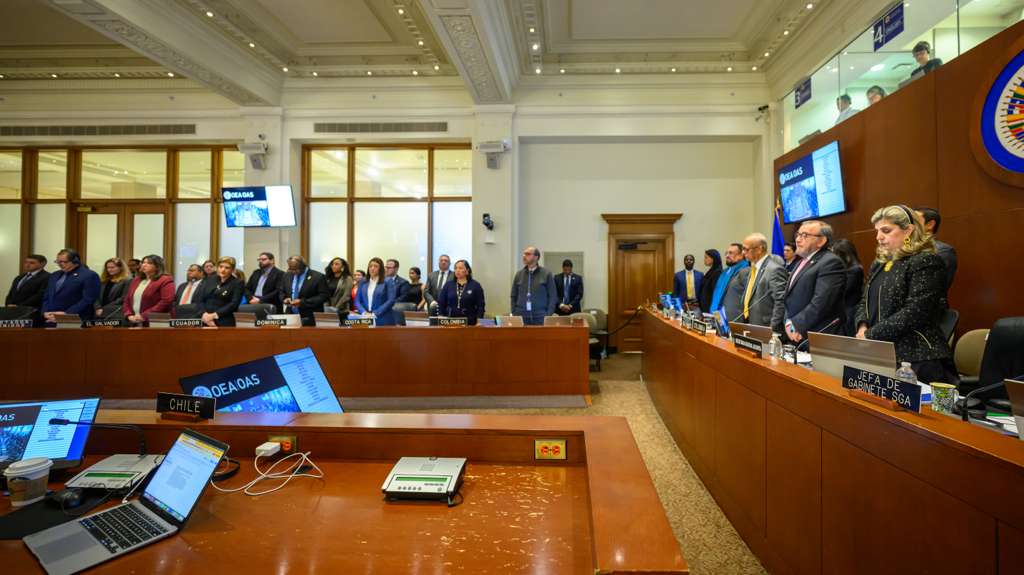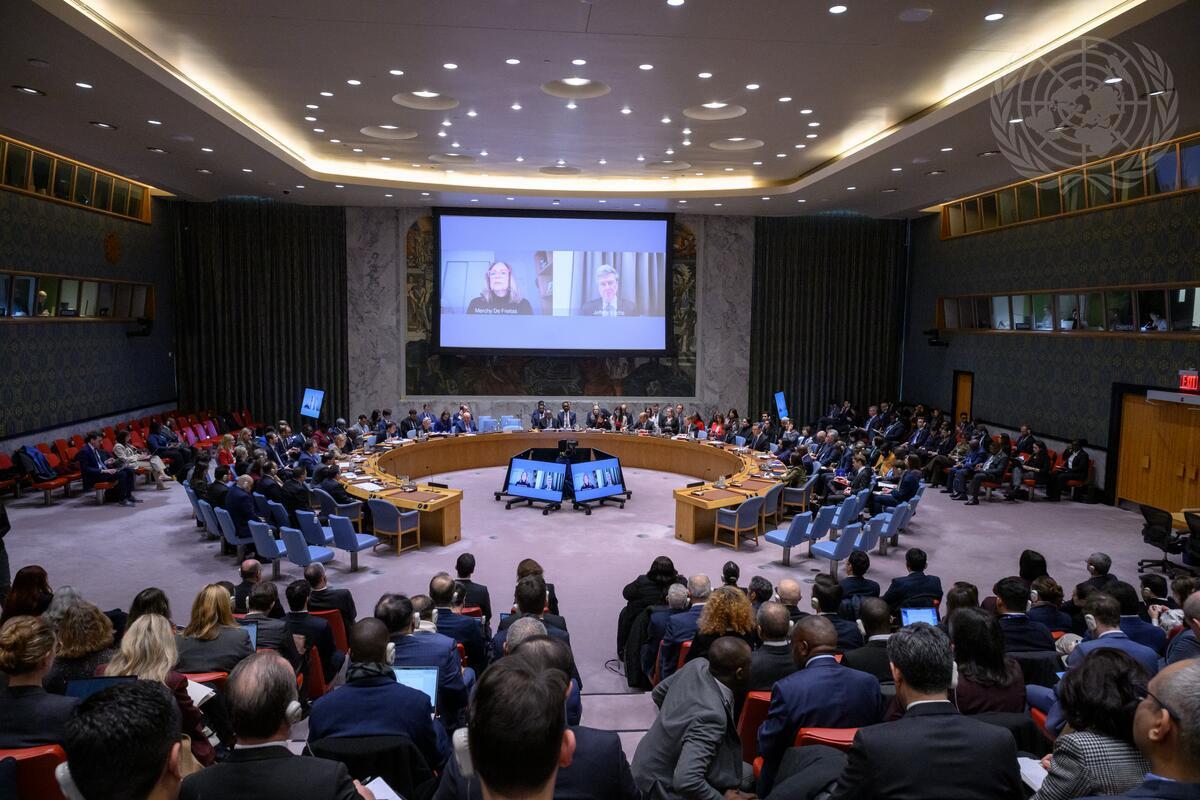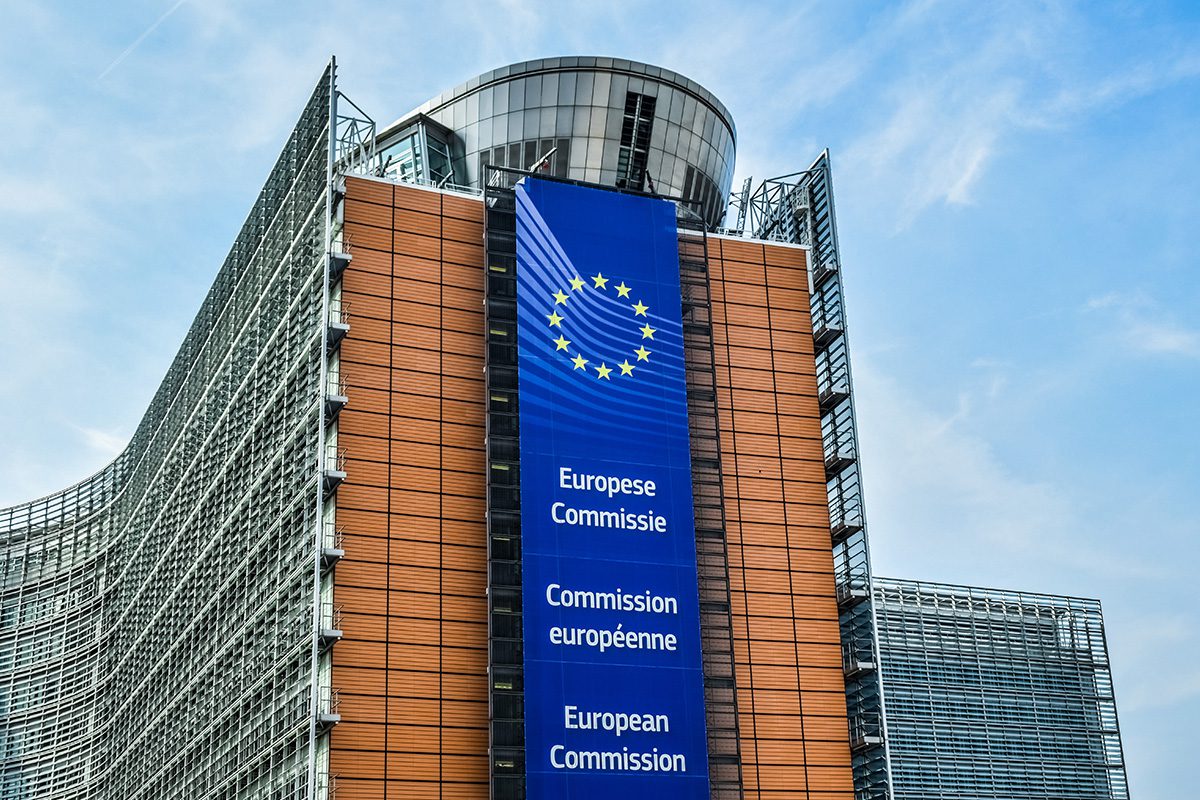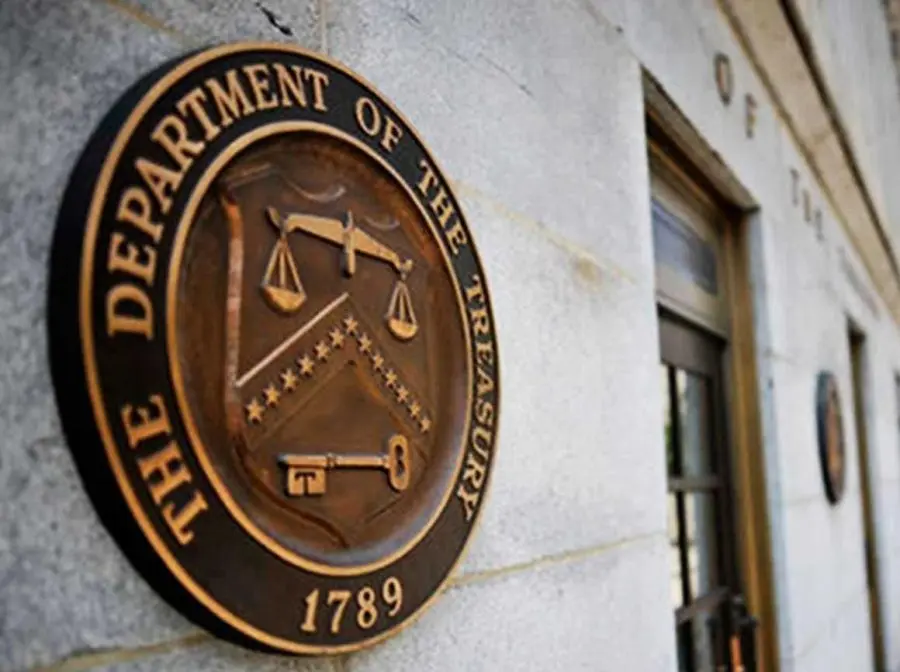The most serious incident to date was the attack on the bulk carrier Magic Seas, sailing under the Liberian flag with a deadweight of 63,300 tons. On July 6, the vessel came under a coordinated assault involving at least two unmanned explosive-laden boats, ballistic missiles, drones, and small arms fire. Photo: social media.
Guacamaya, July 30, 2025.The collapse of negotiations in Doha between Israel and Hamas has coincided with an intensification of Houthi attacks in the Red Sea, threatening one of the world’s most critical commercial arteries. The conflict has repercussions beyond the Middle East: Venezuela is once again entering the energy equation after receiving a new license for Chevron from the Trump administration amid global instability.
The crisis in the Red Sea has taken a new turn. Yemen’s Houthi rebels announced the expansion of their naval blockade against Israel, declaring that they will attack any vessel with commercial ties to Israeli ports, regardless of its flag or destination. This decision, made after the breakdown of peace talks in Doha, increases the risk to maritime traffic along a route that handles approximately one trillion dollars in goods annually.
In July, two bulk carriers—the Magic Seas and the Eternity C—were attacked and sunk, leaving four crew members dead and eleven captured. These actions, backed by Iran, have put global trade under pressure and driven up maritime insurance premiums.
The diplomatic failure in Qatar reflects the divide between Israel and Hamas. While Hamas demands the complete withdrawal of Israeli troops, Netanyahu’s government maintains its military stance, withdrawing negotiators and proposing demilitarized zones that fail to convince the other side. The result: a persistent blockade on Gaza, a humanitarian catastrophe, and an escalation that extends beyond the region.
The growing militarization of the region reflects the geostrategic importance of this maritime corridor. Russia is moving forward with the construction of a naval base in Sudan, which would give it the capacity to operate in the Red Sea and project influence toward the Gulf of Aden and the Indian Ocean.
In response, the United States is considering expanding its presence. In addition to its already established facilities in Djibouti—Camp Lemonnier, the nerve center of U.S. operations in Africa—comes the proposal from Somaliland, which has offered territory to host a new military base aimed at patrolling the Red Sea and reinforcing maritime security.
This dynamic heightens direct competition between powers for control of a corridor through which a significant share of global trade and the world’s energy supply transits.
Venezuela and Energy Implications
The crisis in the Red Sea has direct effects on the global energy market. Rising transportation costs and the threat to the stability of oil flows from the Gulf of Aden and the Arabian Sea are reshaping the geopolitics of supply. In this context, Venezuela is re-emerging as a strategic player to meet part of the demand diverted from the Middle East.
In a significant shift, the Trump administration has granted Chevron a new special license to continue its operations in Venezuela, after revoking it earlier in 2025. This change is interpreted as a response to global volatility and the need to secure alternative sources of heavy crude, especially amid pressure on international prices and the advance of geopolitical adversaries like China in Venezuela’s energy market.
For Caracas, the situation represents a window of opportunity: with the global market strained, Venezuela is seeking to reposition itself as a reliable supplier for the U.S. and Asia, while also reinforcing its alliance network with partners like China, which has gained greater importance following the imposition of sanctions. However, internal political instability, inefficiency, lack of investment, and the sanctions regime remain factors limiting the full exploitation of this scenario.
An Unstable Board
The combination of naval blockades, military escalation, and energy realignments paints an uncertain picture. The threatened maritime routes in the Red Sea affect not only trade in goods but also the energy flows connecting Asia, Europe, and the Americas. In this context, the role of countries like Venezuela could gain greater weight, while international diplomacy works to prevent the crisis from leading to a prolonged disruption of global markets.

